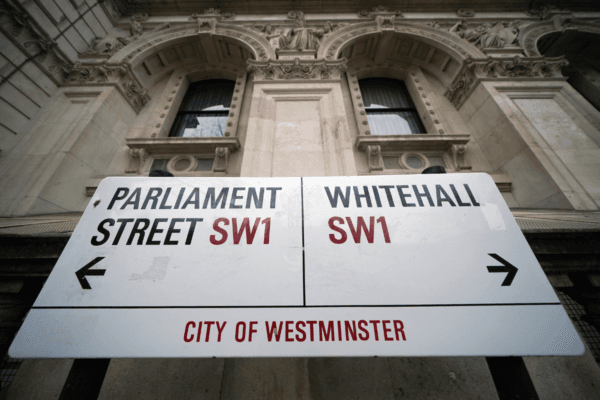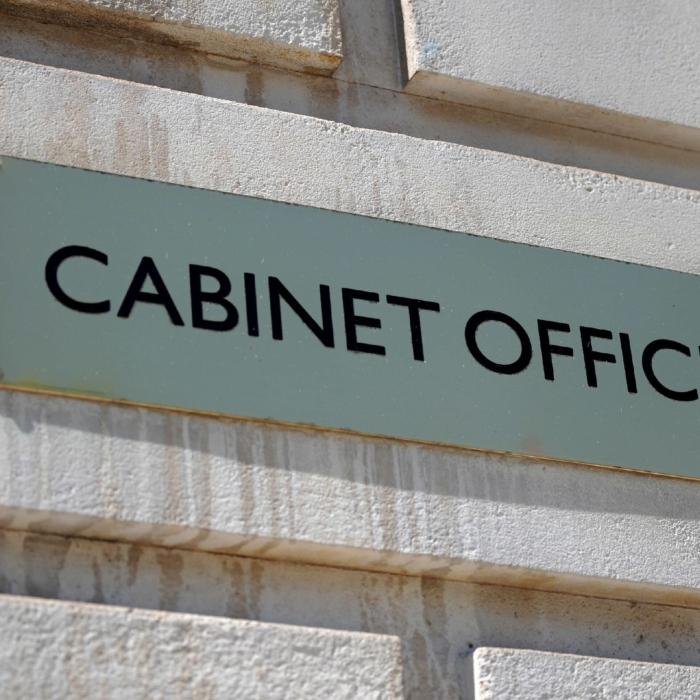References to former Prime Minister Liz Truss and language that included descriptions of her mini budget as being “disastrous” have been removed from government documents.
Ms. Truss said on Wednesday in a letter to the head of the Civil Service, Simon Case, that the politicised remarks included in briefing notes on the content of the King’s Speech breached rules on impartiality.
The text pertained to the government’s Budget Responsibility Bill, which seeks to require any significant proposed changes to taxation be assessed by the Office for Budget Responsibility (OBR).
Under a section entitled “Key Facts,” it went on to refer to “the disastrous Liz Truss ’mini budget', announced on 23 September 2022, which would have cost £48 billion per year by 2027/28, and was not subject to an OBR forecast and damaged Britain’s credibility with international lenders.”
‘Personal and Political Attacks’
In a letter posted to social media platform X, Ms. Truss asked the head of the Civil Service to investigate how such material had made it into an official government briefing document and requested the wording be removed.She wrote in her letter to Mr. Case: “Not only is what is stated in the document untrue, making no reference to the LDI [liability-driven investment] crisis precipitated by the Bank of England’s regulatory failures; but I regard it as a flagrant breach of the Civil Service Code, since such personal and political attacks have no place in a document prepared by civil servants – an error made all the more egregious when the attack is allowed to masquerade in the document among ‘key facts’.”
A Cabinet Office spokesperson said: “The Cabinet Secretary has responded to Liz Truss and directed for these references to be removed from the document. They have now been corrected and updated.”
Civil Service
The criticism from the former prime minister and Conservative MP comes after a think tank urged politicians to shrink the size of the Civil Service and resist pressures to put it on a statutory footing.Policy Exchange also said the requirement for civil servants to “comply with the law and uphold the administration of justice” should be changed to “comply with UK law and uphold the administration of justice” to avoid resistance to government policies.
“From Brexit to Rwanda and Gaza, there have been a whole series of cases where officials have claimed the Code constrains their ability to implement Ministers’ decisions where they believe these may not comply with international law,” the report said.

The think tank also advised reversing the trend of giving power away to watchdogs, regulators, and other external bodies.
Citing the OBR, the Bank of England, and the Climate Change Committee as examples, the report said these statutory “guard rails” have been designed to make it harder for changes, giving increased power to technocratic groups.
“They give additional powers to judicially review a huge range of government actions and policies if these can be argued as incompatible with the statutory target,” the report said, adding that embedding policy in primary legislation typically puts a delay of at least two to three years before any significant policy change can take effect.







